Why We Can’t Know If The Universe Created Itself
By Al Serrato
In the beginning, was… not the Word …. but the singularity event occurring in absolute nothingness and timelessness that spontaneously created all we see in the universe around us. So said physicist Stephen Hawking anyway, in his popular book The Grand Design, where he explained that spontaneous creation is the reason why there is something rather than nothing. It is not necessary to invoke God; he concluded, “to light the fuse to set the universe going.” “All it takes is gravity and the existence of, well, multiple other universes.”
Soundbites like these can be disturbing for people of faith. More to the point, they can provide false comfort to those who prefer to suppress their innate knowledge of God. In a recent conversation with a skeptic who had heard of but not read the book, I was quickly confronted with a typical line of argument – reliance on the expert. “Look,” my friend said, “neither one of us can hold a candle to someone with the accomplishments and intellect of Hawking, so if it’s good enough for him….” The smile on his face told me the conversation was over before it began. After all, a response like this leaves little room for further discussion and no room for debate.
So what is the believer to do? Does recognition of one’s limitations, and a proper sense of humility, make it a fool’s errand to pit oneself against a world-renowned physicist such as Dr. Hawking? Or is there a way to appropriately examine and perhaps even challenge the reasoning of such an expert?
There is indeed a way. Thousands of times a year in courtrooms across America, expert witnesses take the stand to provide opinions to jurors on topics that are beyond the knowledge of the average person. But these opinions and conclusions can be, and often times are, rejected. The first step is to carefully consider the assumptions underlying the opinion, which oftentimes are not well thought out or are perhaps just incorrect. For example, a psychiatrist may conclude that the defendant she examined is suffering from a particular mental illness, but that opinion may be based upon the untested assertions of the defendant which if false – if the defendant is malingering and trying to fool the examiner – could easily lead to a mistaken conclusion. An accident reconstruction expert can conclude that one party was the cause of an accident by making incorrect assumptions about conditions he did not observe leading up to the accident. In short, despite being “qualified” to offer an opinion, even the impressive credentials of a physicist like Hawking do not give the expert a free pass. The expert’s opinions, like all evidence presented in court, must be carefully examined.
What is the mistaken assumption underlying Hawking’s approach? Simply this: you cannot use science to prove what occurred prior to, and outside of, the universe. Though many invoke the term “science” as a club, using it to convey that their position is somehow unassailable, science is not a book of wisdom. It does not contain the answer to all of life’s questions as if it were an encyclopedia of all there is, or was, or ever will be. It is instead a method for using our senses, and reason, to learn how and why things occur or why they are the way they are. Implicit in science is testability. The scientist’s hypothesis must be subject to repetition and testing so that others can confirm that the methodology is sound and the conclusions logically justified.
When it comes to examining the origins of the universe, there is a starting point some 14.6 billion years ago before which there was neither time nor space. There was the complete absence of anything. Science cannot reach back beyond that point. If there are indeed a multitude of other pre-existing universes that in no way intersect with our own, which are therefore undetectable to us, how can a scientist simply assume they exist? If our universe needed a pre-existing “law” of gravity to light the fuse, how can one assume that such a law appeared without the need for a creator, for a “lawgiver?” For his conclusions to be testable, Hawking would have to first demonstrate what conditions existed “before” time and space came into existence. If we sprang from another universe, how can science prove that such a place, beyond the reach of any of our sensing equipment, exists? In short, if his conclusions are correct, there is no way for anyone to know. Hawking has moved from science to speculation at this point. He has moved from physics, wherein his expertise lies, to philosophy, where it does not.
Positing a multiverse or a pre-existing law of gravity may provide an alternative to God as the “uncaused cause,” but it also demonstrates that even skeptics share that powerful sense that most people have that you just can’t get something from nothing, that before a thing can exist there must exist before it an adequate source. Moreover, believing in a multiverse or law of gravity cannot explain the really interesting questions we also ponder, that have little to do with physical creation and impersonal laws: how did life emergence from nonlife? What is the source of the information coded into DNA that is capable of producing not just life but consciousness and intelligence? The physical world does not provide examples of intelligence and language, so what can explain the information-rich “blueprints” that we know of as DNA? Why are there “laws” of nature, and why are order and design built into things if there is no designer? Why do we all recognize concepts like beauty, truth, and morality?
There is a certain hubris in asserting that God is unnecessary. Consider an analogy: a programmer writes a computer simulation in which a virtual soldier is given artificial intelligence, and a set of missions to perform. If the soldier uses its intelligence to begin inquiring as to the nature of the computer in which he is housed, what information would that provide him about the programmer? Only such information as the programmer wanted his creation to know. Regardless of how clever this soldier became, he could never know what the programmer wished to accomplish with the program, or what motivated him to write it unless the programmer gave him that information. What stunning arrogance it would be for the soldier to nonetheless conclude from his inquiry that he self-assembled, that he knows the sum total of what occurred before he became conscious, and most strikingly that there was no programmer at all.
This, too, is Hawking’s problem. As a scientist, he no doubts understood that theories must be tested in some fashion to give them scientific weight. How can a theory about multiple universes which do not intersect in any fashion with our own ever be tested? How can he demonstrate that gravity was not first created by someone immensely powerful and completely outside of our physical reality?
Why then write a “science” book that is itself a foray outside of science, setting out to prove something that science cannot prove? The Bible warns that the wisdom of the world is folly to God. Perhaps this is what it means.
Recommended resources related to the topic:
How Old is the Universe? (DVD), (Mp3), and (Mp4 Download) by Dr. Frank Turek
God’s Crime Scene: Cold-Case…Evidence for a Divinely Created Universe (Paperback), (Mp4 Download), and (DVD Set) by J. Warner Wallace
God’s Crime Scene: The Case for God’s Existence from the Appearance of Design (mp4 Download Set) by J. Warner Wallace
God’s Crime Scene: The Case for God’s Existence from the Appearance of Design in Biology DVD Set by J. Warner Wallace
What is God Like? Look to the Heavens by Dr. Frank Turek (DVD and Mp4)
I Don’t Have Enough Faith to Be an Atheist (Paperback), and (Sermon) by Norman Geisler and Frank Turek
Al Serrato earned his law degree from the University of California at Berkeley in 1985. He began his career as an FBI special agent before becoming a prosecutor in California, where he continues to work. An introduction to CS Lewis’ works sparked his interest in Apologetics, which he has pursued for the past three decades. He got his start writing Apologetics with J. Warner Wallace and Pleaseconvinceme.com.

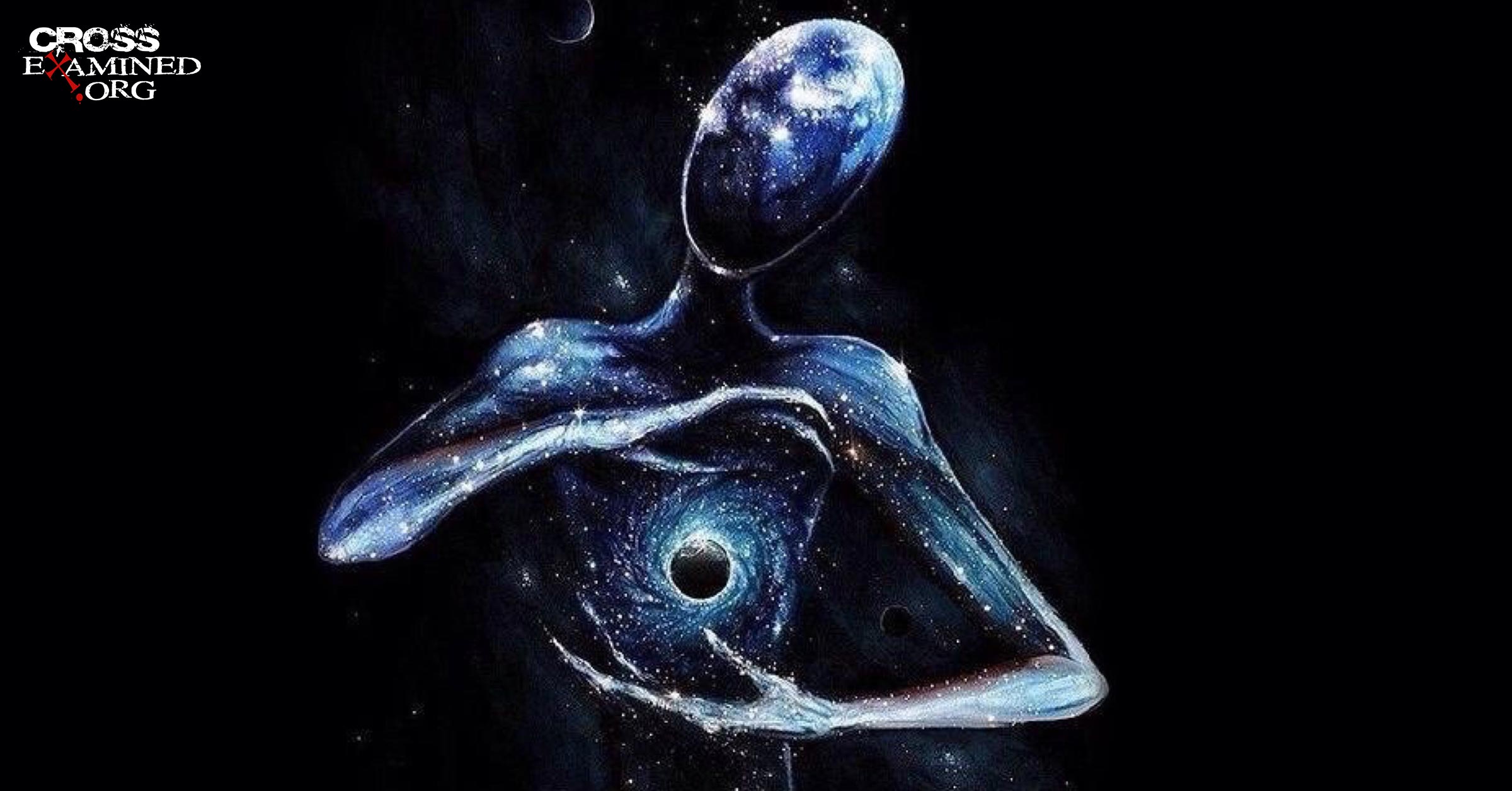


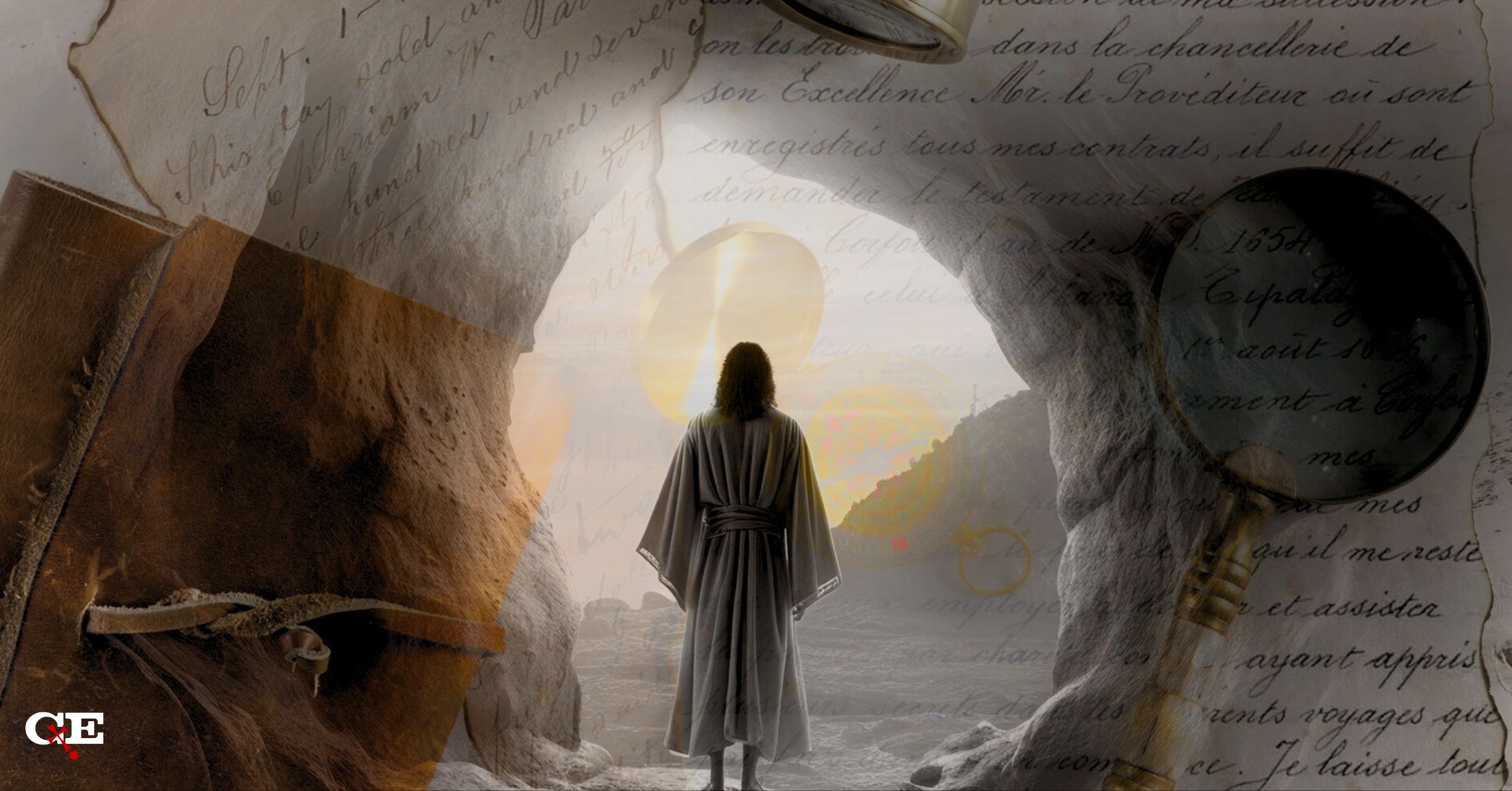

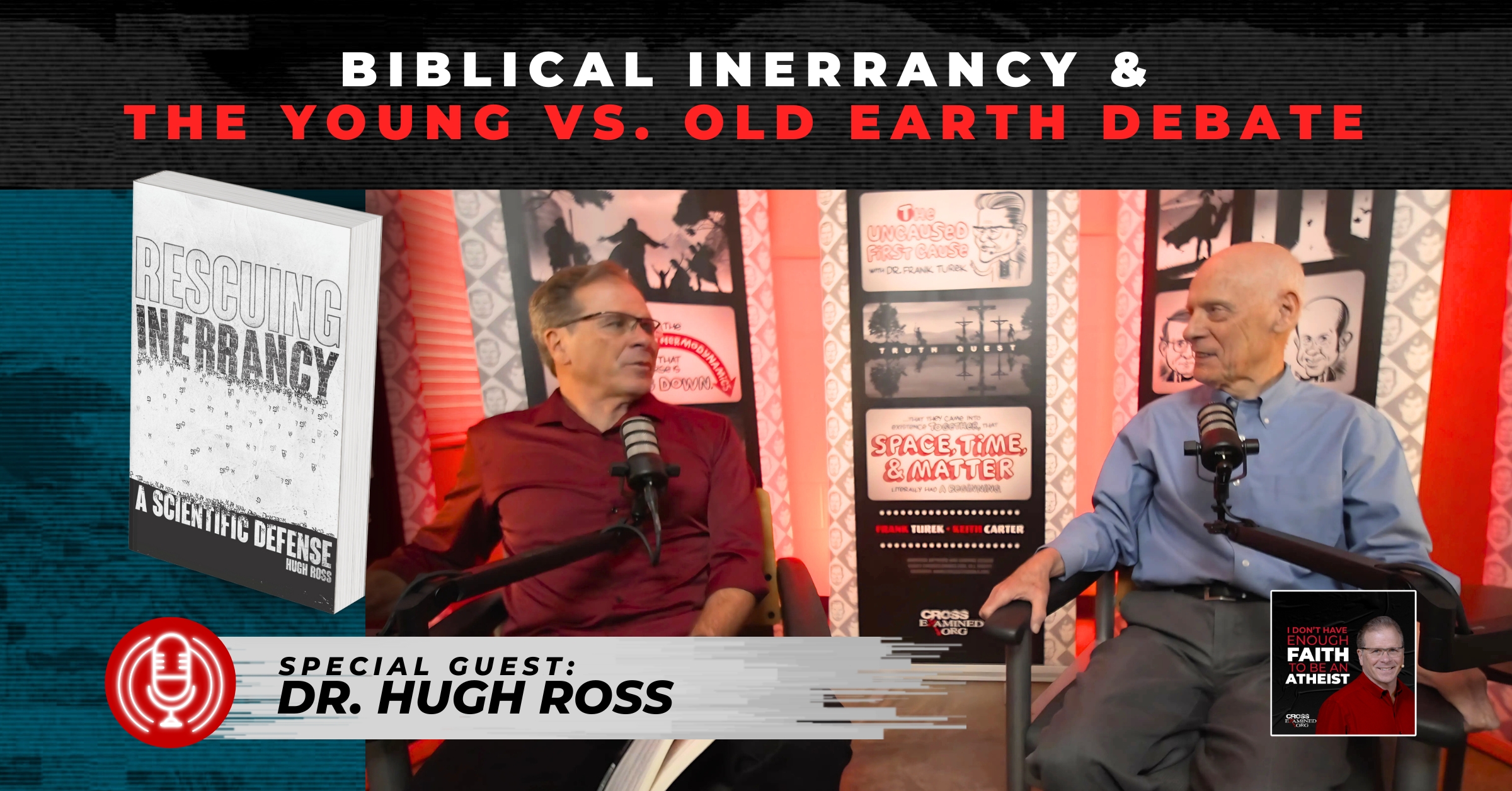


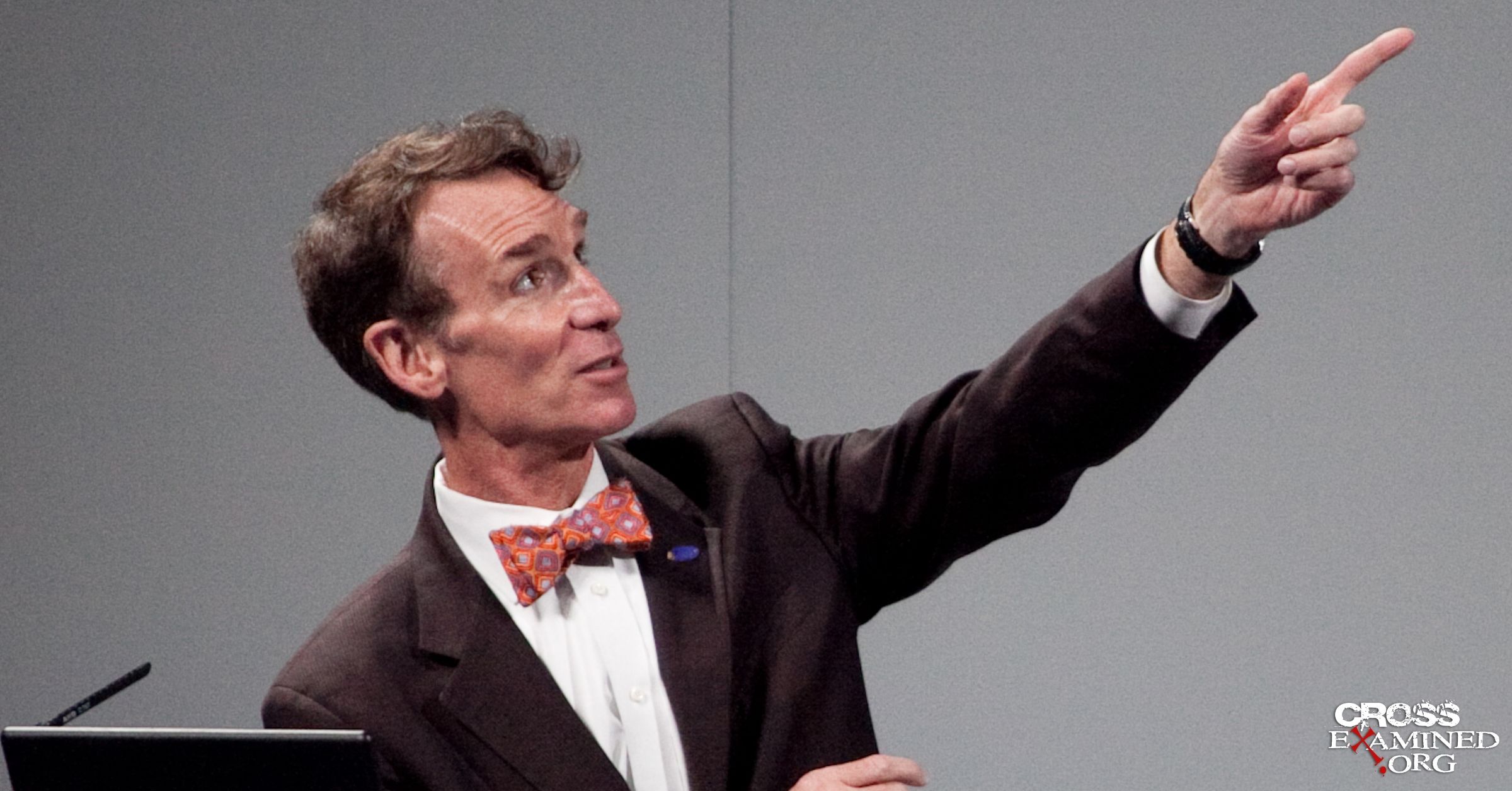

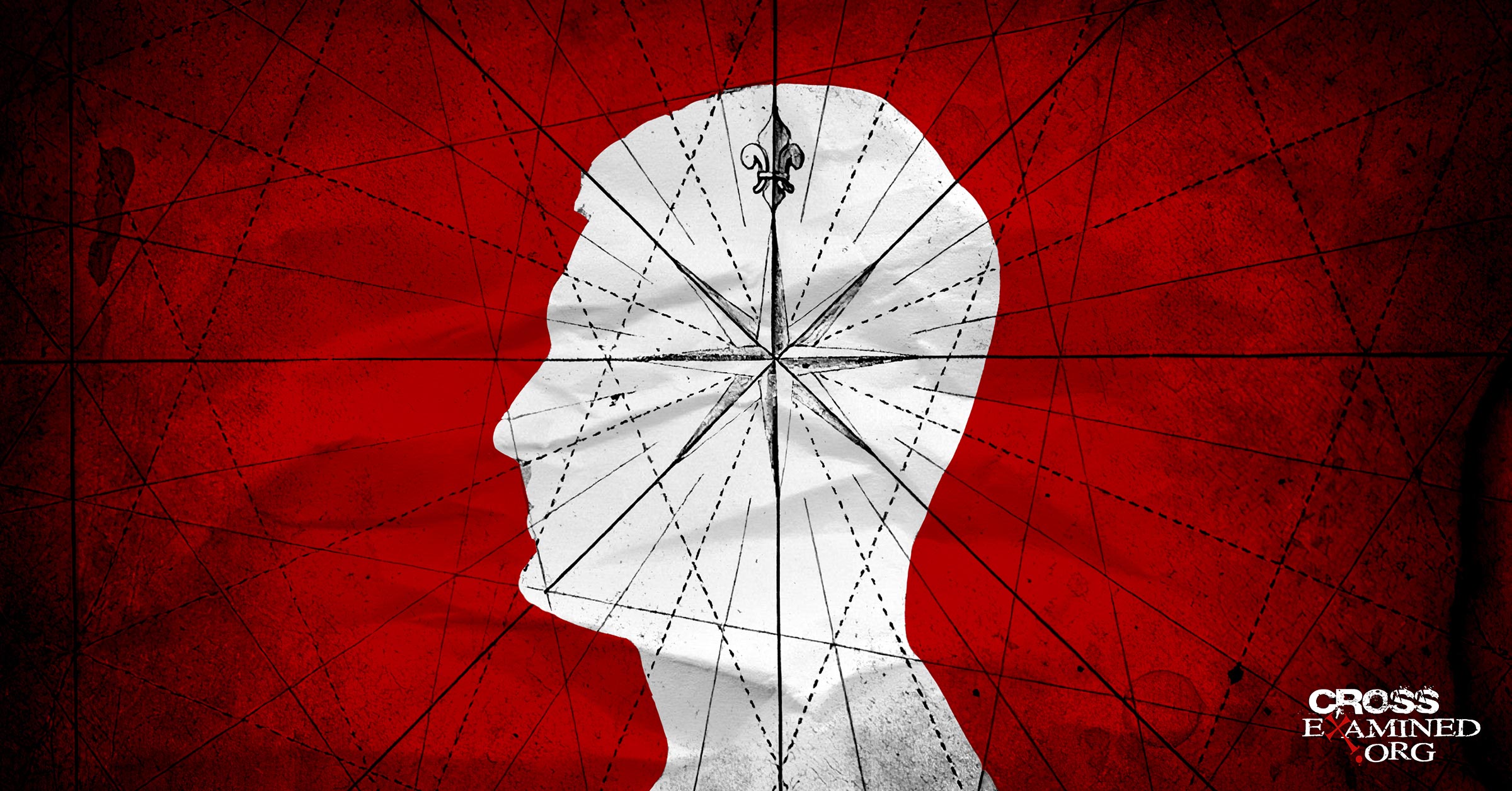
Leave a Reply
Want to join the discussion?Feel free to contribute!